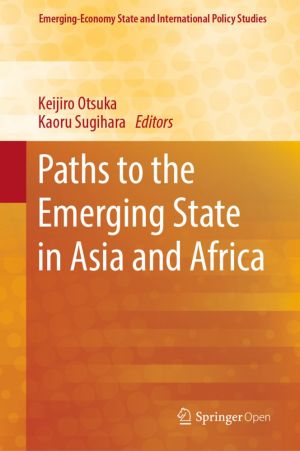
This book addresses the issue of how a country, which was incorporated into the world economy as a periphery, could make a transition to the emerging state, capable of undertaking the task of economic development and industrialization. It offers historical and contemporary case studies of transition, as well as the international background under wh...

This open access Pivot book is a comparative study of six early colonial public libraries in nineteenth-century Australia, South Africa, and Southeast Asia. Drawing on networked conceptualisations of empire, transnational frameworks, and 'new imperial history' paradigms that privilege imbricated colonial and metropolitan 'intercultur...
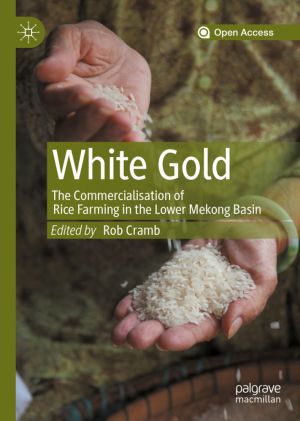
This open access book is about understanding the processes involved in the transformation of smallholder rice farming in the Lower Mekong Basin from a low-yielding subsistence activity to one producing the surpluses needed for national self-sufficiency and a high-value export industry. For centuries, farmers in the Basin have regarded rice as "...

This book assesses the profound impact of Japan's aspirations to become a great power on Japanese security, democracy and foreign relations. Rather than viewing the process of normalization and rejuvenation as two decades of remilitarization in face of rapidly changing strategic environment and domestic political circumstances, this volume co...
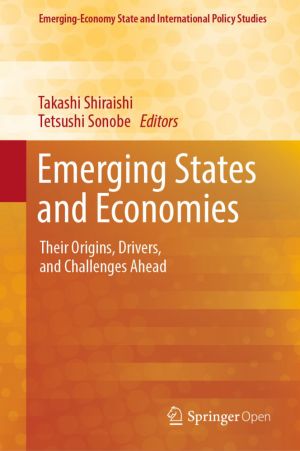
This book asks why and how some of the developing countries have "emerged" under a set of similar global conditions, what led individual countries to choose the particular paths that led to their "emergence," and what challenges confront them. If we are to understand the nature of major risks and uncertainties in the world, we m...

This book focuses on the Salween River, shared by China, Myanmar, and Thailand, that is increasingly at the heart of pressing regional development debates. The basin supports the livelihoods of over 10 million people, and within it there is great socio-economic, cultural and political diversity. The basin is witnessing intensifying dynamics of reso...
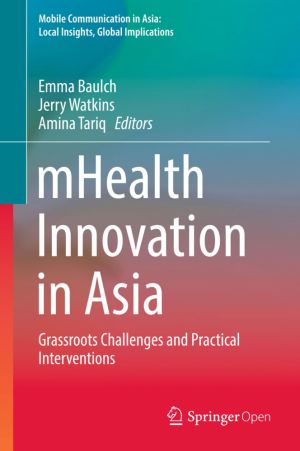
This book offers a detailed account of a range of mHealth initiatives across South, Southeast and East Asia. It provides readers with deep insights into the challenges such initiatives face on the ground, and a view of the diverse cultural contexts shaping strategies for overcoming these challenges. The book brings together various discussions on t...
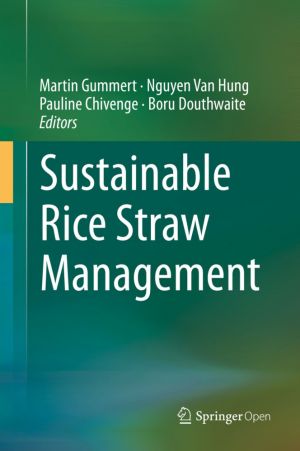
This free book on straw management aims to provide a wide array of options for rice straw management that are potentially more sustainable, environmental, and profitable compared to current practice. The book is authored by expert researchers, engineers and innovators working on a range of straw management options with case studies from Vietnam, th...
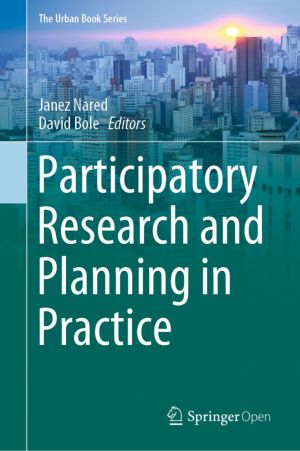
This free book provides in-depth insights into participatory research and planning by presenting practical examples of its use. In particular, it describes theoretical and methodological aspects of participatory research and planning, as well as the implementation of participatory processes in fields such as transport planning, cultural heritage ma...
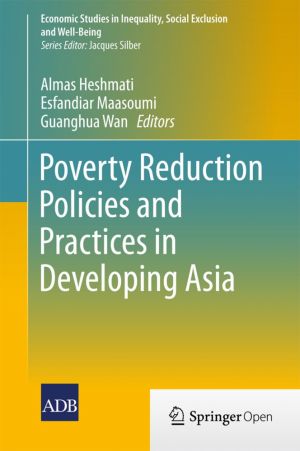
This book looks at the major policy challenges facing developing Asia and how the region sustains rapid economic growth to reduce multidimensional poverty through socially inclusive and environmentally sustainable measures. Asia is facing many challenges arising from population growth, rapid urbanization, provision of services, climate change and t...

There could be no more opportune time than the start of the third millennium AD to produce an entirely new atlas of world history. Not only does this symbolic (if arbitrary) moment provoke a mood of public retrospection, but the pace of global change itself demands a greater awareness of "whole world" history.
More than 20 years have p...
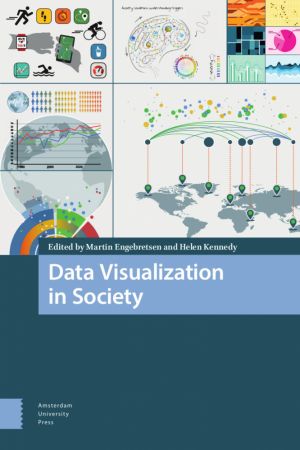
Today we are witnessing an increased use of data visualization in society. Across domains such as work, education and the news, various forms of graphs, charts and maps are used to explain, convince and tell stories. In an era in which more and more data are produced and circulated digitally, and digital tools make visualization production increasi...
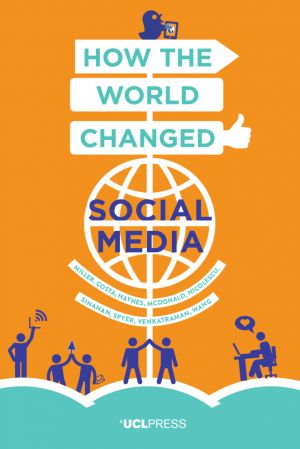
How the World Changed Social Media is the first book in Why We Post, a book series that investigates the findings of anthropologists who each spent 15 months living in communities across the world. This book offers a comparative analysis summarising the results of the research and explores the impact of social media on politics and gender, educatio...
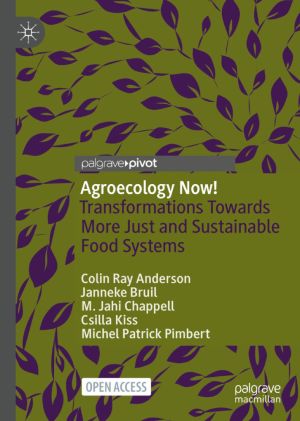
This open book develops a framework for advancing agroecology transformations focusing on power, politics and governance. It explores the potential of agroecology as a sustainable and socially just alternative to today's dominant food regime. Agroecology is an ecological approach to farming that addresses climate change and biodiversity loss w...
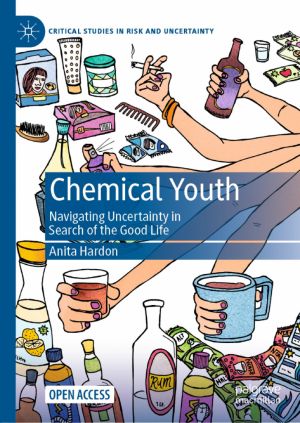
This open book explores how young people engage with chemical substances in their everyday lives. It builds upon and supplements a large body of literature on young people’s use of drugs and alcohol to highlight the subjectivities and socialities that chemical use enables across diverse socio-cultural settings, illustrating how young people seek ...

In a modern global historical context, scholars have often regarded piracy as an essentially European concept which was inappropriately applied by the expanding European powers to the rest of the world, mainly for the purpose of furthering colonial forms of domination in the economic, political, military, legal and cultural spheres. By contrast, th...
